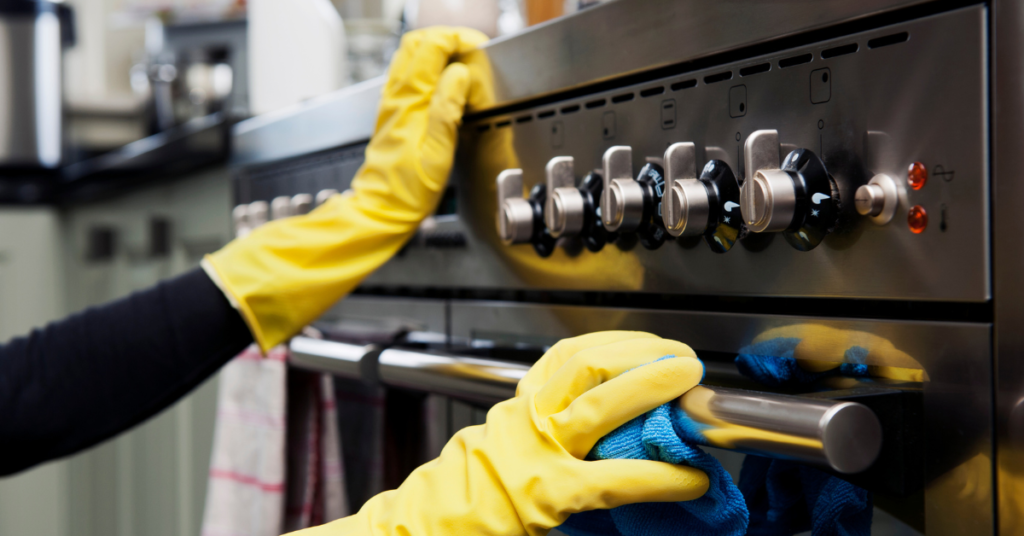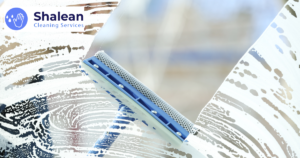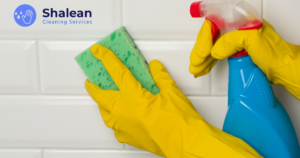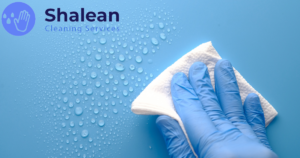Revolutionizing the Industry for a Greener Future
In today’s rapidly evolving world, businesses are increasingly recognizing the importance of sustainability, particularly in industries with significant environmental impacts such as cleaning services. The concept of embracing sustainability with cleaning services has become a pivotal focus, driving a green revolution within the industry. As businesses strive to minimize their ecological footprint while maintaining high standards of cleanliness, innovative solutions are being embraced to usher in a greener future.
Table 1: Benefits of Biodegradable and Non-Toxic Cleaning Products
| Benefit | Description | Example | Impact |
|---|---|---|---|
| Reduce environmental pollution | Break down harmlessly in the environment | Plant-based cleaners | Minimizes ecological harm |
| Improve indoor air quality | Eliminate harsh chemical fumes | Citrus-based cleaners | Creates a healthier indoor environment |
| Protect human health | Reduce risks of respiratory ailments and allergies | Hypoallergenic cleaners | Enhances well-being of occupants |
| Support sustainability initiatives | Align with eco-friendly practices | Certified green products | Contributes to broader sustainability goals |
Explanation:
The adoption of biodegradable and non-toxic cleaning products offers multifaceted benefits to both businesses and the environment. These products break down harmlessly in the environment, minimizing ecological harm and pollution. By eliminating harsh chemical fumes, they improve indoor air quality, creating a healthier environment for occupants. Moreover, they reduce the risks of respiratory ailments and allergies, enhancing the well-being of building occupants. Additionally, by supporting sustainability initiatives and aligning with eco-friendly practices, these products contribute to broader environmental goals.
Table 2: Advantages of Energy-Efficient Cleaning Equipment
| Advantage | Description | Example | Impact |
|---|---|---|---|
| Lower energy consumption | Utilizes advanced technology to minimize energy usage | High-efficiency vacuum cleaners | Reduces carbon footprint |
| Cost savings | Decreases operational expenses associated with energy usage | Eco-friendly floor scrubbers | Enhances profitability |
| Improved performance | Enhances cleaning efficacy and productivity | Energy-efficient pressure washers | Ensures high-quality results |
| Environmental stewardship | Demonstrates commitment to sustainability and responsible resource management | Green-certified carpet extractors | Aligns with corporate social responsibility initiatives |
Explanation
Energy-efficient cleaning equipment presents numerous advantages that extend beyond reducing energy consumption. By utilizing advanced technology to minimize energy usage, these machines lower operational expenses and contribute to a reduced carbon footprint. Additionally, they enhance cleaning efficacy and productivity, ensuring high-quality results in less time. Moreover, investing in energy-efficient equipment demonstrates a commitment to environmental stewardship and responsible resource management, aligning with corporate social responsibility initiatives.
Implementation of Energy-Efficient Cleaning Services Equipment
Businesses are increasingly investing in energy-efficient cleaning equipment to reduce their environmental impact and operational costs. By embracing advanced technologies designed to minimize energy usage, these businesses demonstrate their commitment to sustainability. Energy-efficient equipment not only reduces carbon footprints but also enhances cleaning efficacy and productivity. Through this implementation, businesses set a precedent for the industry, promoting a greener approach to cleaning services.
Reduction of Water Consumption Through Innovative Techniques
Innovative techniques are being employed to minimize water consumption in cleaning services without compromising cleanliness standards. Recognizing the urgency of water conservation, businesses implement alternative approaches such as steam cleaning services and low-flow equipment. These techniques significantly reduce water usage while delivering exceptional cleaning results. By harnessing the power of high-temperature steam and optimizing water usage through low-flow equipment, businesses contribute to water conservation efforts and set a new standard for sustainable cleaning practices in the industry.
Conclusion
The integration of sustainability into cleaning services is revolutionizing the industry, paving the way for a greener and healthier future. By embracing biodegradable cleaning products, energy-efficient equipment, and innovative water-saving techniques, businesses demonstrate their commitment to environmental responsibility. Through these efforts, the cleaning industry is not only minimizing its ecological footprint but also setting a new standard for excellence and sustainability. Embracing sustainability with cleaning services is not just a trend but a necessary step towards building a more sustainable future for generations to come.






